The African National Congress (ANC) recent loss of its parliamentary majority in the election in South Africa is undoubtedly a significant political shift, breaking a political jinx in the country. The ANC’s stronghold on parliamentary majority, maintained for 30 years since the end of the apartheid system of white minority rule, has thus ended, paving the way for charting a new political course for the first time in South Africa’s political history.
More than 50 parties contested the historic election, many of them with tiny shares of the vote. For instance, the Democratic Alliance (DA), the main opposition party, scored 21% of the vote. The new MK Party of former president Jacob Zuma, who has turned against the ANC he once led, was third with just over 14% of the vote. The Economic Freedom Fighters came fourth, with just over 9% of the vote. Overall, the once-dominant ANC, once led by Nelson Mandela, received just over 40% of the votes, falling short of the majority it had held since the all-race vote of 1994 that ended apartheid and brought it to power under former President Nelson Mandela.
The termination of the ANC’s 30-year dominance in the parliamentary majority is being hailed worldwide as a triumph of democracy and a momentous breakthrough for a country struggling with deep poverty and inequality. In his first comments since the election, the President of South Africa, Cyril Ramaphosa, said, “Our people have spoken, whether we like it or not.” To the DA’s main opposition leader, John Steenhuisen, the end of the ANC’s dominance is the best way of rescuing South Africa from emerging irreversible totalitarianism.
While the break of the ANC’s majority rule in South Africa is instructive, enthronement of a truly people-centered participatory democracy in South Africa is imperative. There is no doubt that the ANC had faced significant challenges in recent years. Effective governance and transparency are crucial for maintaining public confidence.
The ANC was once a credible and respected political party in South Africa that enjoyed people’s confidence and trust. However, over the years, widespread corruption, cronyism, mismanagement, and lack of accountability within the ANC-led government eroded public confidence and trust in the party. Additionally, failures in delivering basic services such as healthcare, education, housing, and infrastructure led to disillusionment among South Africans. Factionalism and infighting within the ANC also weakened its cohesion and effectiveness. The party’s economic policies have failed to address lingering poverty, inequality, and unemployment, particularly among the young in South Africa.
The election allowed the people of South Africa to have the final say in matters affecting their interests. It has enabled the people to bring about a change in the political process, a triumph of democracy in Africa. Since the representatives of the people exercise power on behalf of the people, the representatives cannot impose their will on the people. Political parties must be adaptable and willing to implement reforms to address evolving challenges.
Perhaps one of the most laudable lessons to learn from the recent political developments in South Africa is that stagnation and resistance to change can lead to decline. For years, the ANC’s political dominance engendered stagnation in South Africa thus prompting the people to seek a positive change. Another lesson is that without a viable opposition, democratization experiment will remain stunted. A political party may lose an election in one community, local government, or one state, but that is not the end of that party as it could make its mark in the future.
In Ghana, for instance, the then-President Attah Mills remained in opposition until he won the election that elevated him to the presidency. When he initially lost to John Kufuor, he did not decamp and join John Kufuor’s party. He remained in his party until his party eventually won an election. Odinga Odinga of Kenya remained in opposition until he joined the coalition government. Morgan Tsvangirai, the then Zimbabwean Prime Minister, used to be a staunch member of the opposition.
The political class in Nigeria should know that the low score of the ANC teaches that politics is not about winning elections by all means. It is simply about building, organizing, galvanizing, and erecting a lasting political structure that will promote the interests of the people. The beauty of democracy lies in making choices between competing political parties and candidates in periodic elections. Our electoral body should learn to organize free and fair elections that reflect the will of the Nigerian people.
Political parties in Nigeria should be ideologically oriented. They should stand for shared common values and principles. The same applies to Nigerian voters. Political ideologies shaped the struggle for independence and the development of post-colonial Africa. For example, Kwame Nkrumah (Ghana), Muammar Gaddafi (Libya), Julius Nyerere (Tanzania), and Nelson Mandela (South Africa) embraced and espoused various Pan-Africanist ideologies that led to the liberation of Africa.
The end of the dominance of the ANC in South Africa signals the end of sit-tight political leadership in Africa. It lends credence to the fact that Africans are fed up with sit-tight political leadership. For years, tyrannical leaders have been holding Africa to ransom and great ruin. For example, Mugabe’s extended rule in Zimbabwe led to economic collapse, hyperinflation, and widespread poverty.
In Cameroun, Paul Biya’s long tenure has been marked by allegations of corruption, human rights abuses, and electoral manipulation. Yoweri Museveni’s prolonged presidency in Uganda has seen constitutional changes to extend his rule and crackdowns on opposition. Therefore, the end of the ANC’s political dominance should propel Africans to reclaim political power from power-drunk tyrants. African countries should make concerted efforts to effect change in their respective periodic elections to promote peaceful democratic transitions, strengthen institutions, and uphold the rule of law.
Overall, the South Africa election shows that the beauty of democracy lies in the ultimate safeguard of the foremost democratic norm: popular participation. The American founding fathers aptly recaptured this ageless truth when they said many years ago that, “governments are instituted among men deriving their just powers from the consent of the governed.” By voluntarily entrusting a few elected people with the responsibility of governing their affairs, the people have not relinquished their power. In short, the people are the repository of political power. They can invoke that power at periodic elections to either vote for a popular government or vote out an unpopular government.
The opposition parties in Africa should learn to hold the government in power accountable. Instead of losing hope for failing to win an election, they should offer alternative policies to national problems as the DA or MK have been doing in South Africa to build a virile democracy and strengthen democratic institutions, ensuring a robust system of checks and balances. Even though the ANC remains the biggest party in South Africa, it should seek coalition partners with the DA or MK and a host of other parties to form what could be called a government of national unity.

 5 months ago
9
5 months ago
9
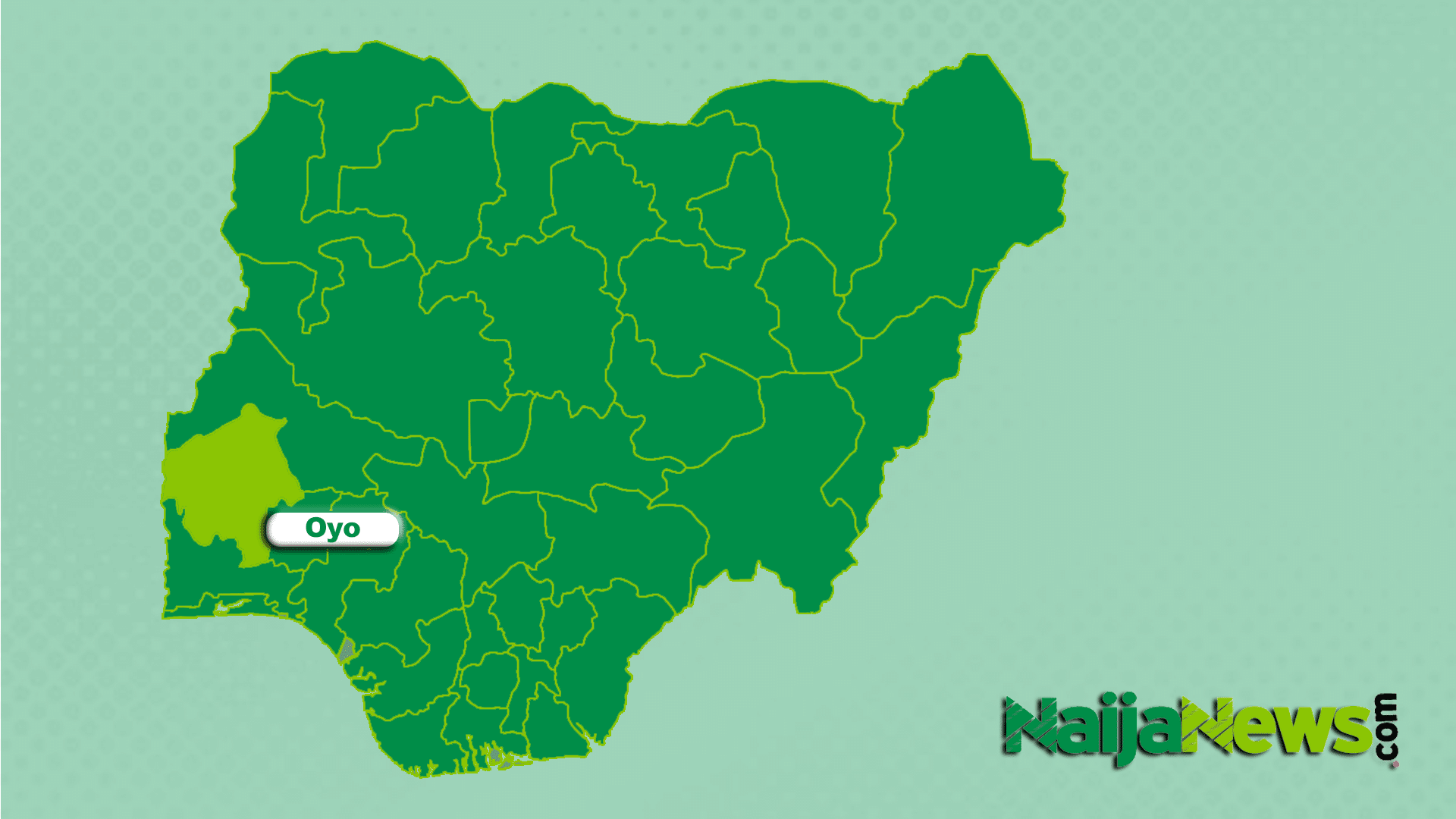
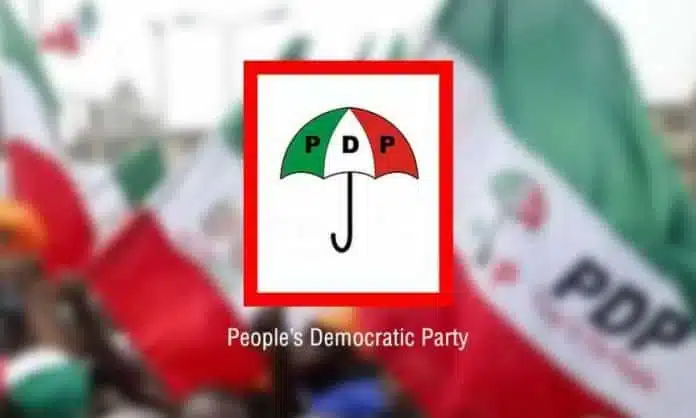
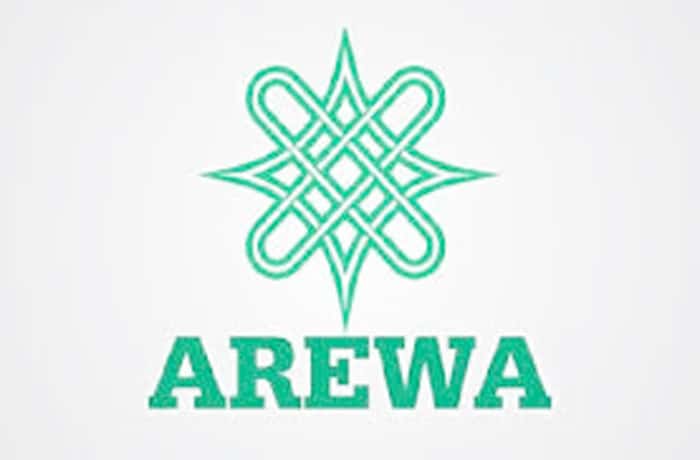
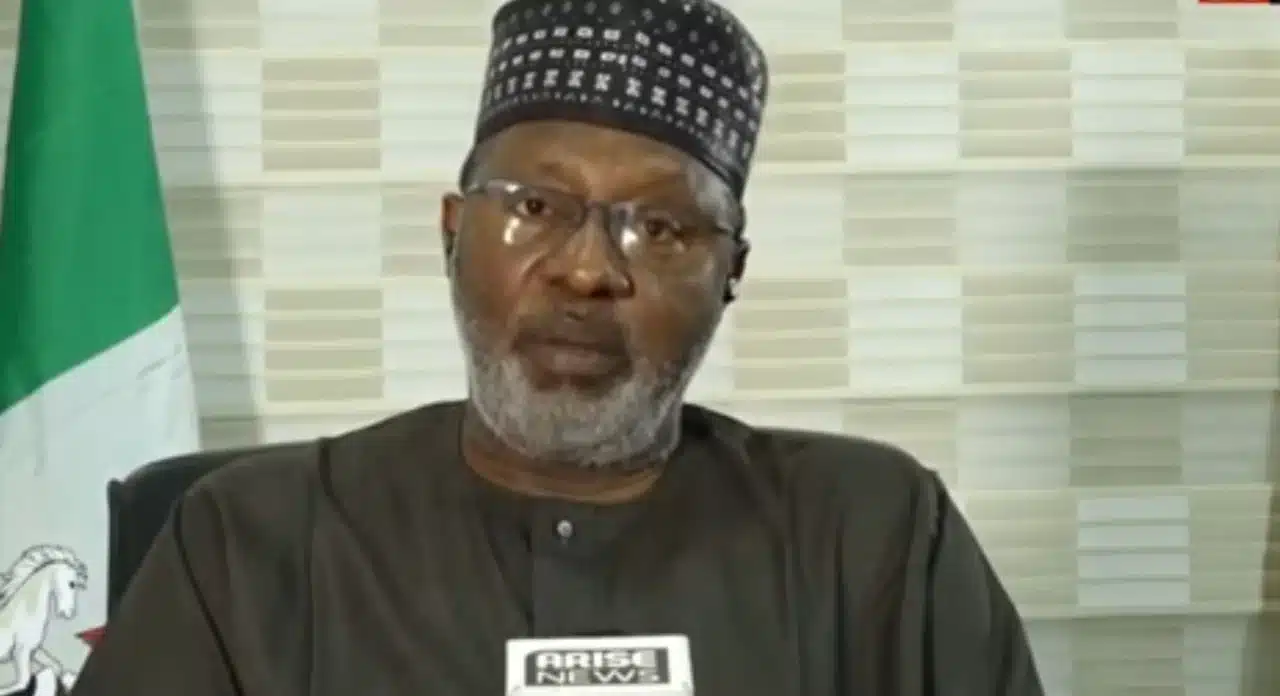
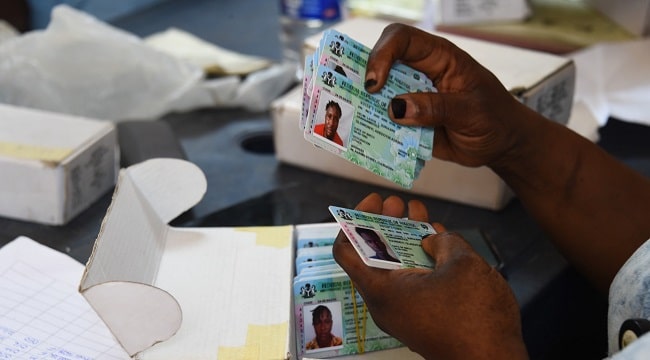










 English (US) ·
English (US) ·